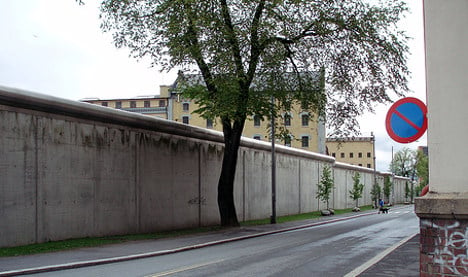Since record keeping of inmates' education patterns began in 2008, there have never been more prisoners embarking on higher education. This despite no increased focus on the part of correctional services to encourage inmates to get a degree.
"The main task given to us by the Education Ministry is making sure people finish compulsory school and do practical training," said Paul Breivik, senior advisor to the Hordaland County Governor. "Which means that prisoners who want a degree have to take a lot of personal responsibility."
He theorized that the push to study on the inside mirrored Norwegian society at large, where citizens increasingly keep studying after high school, and said more resources should be allocated to support the academic trend behind bars. He shares that wish with half-way organization WayBack, which workes with the reintegration of former inmates.
"Higher education should be a high priority in the prisons," spokeswoman Gitte Svennevig told the NTB news agency. "We see a very clear difference in people who have studied or are still studying when they are released. They have a distinct lust for life and a belief that life can treat them well."



 Please whitelist us to continue reading.
Please whitelist us to continue reading.
Member comments